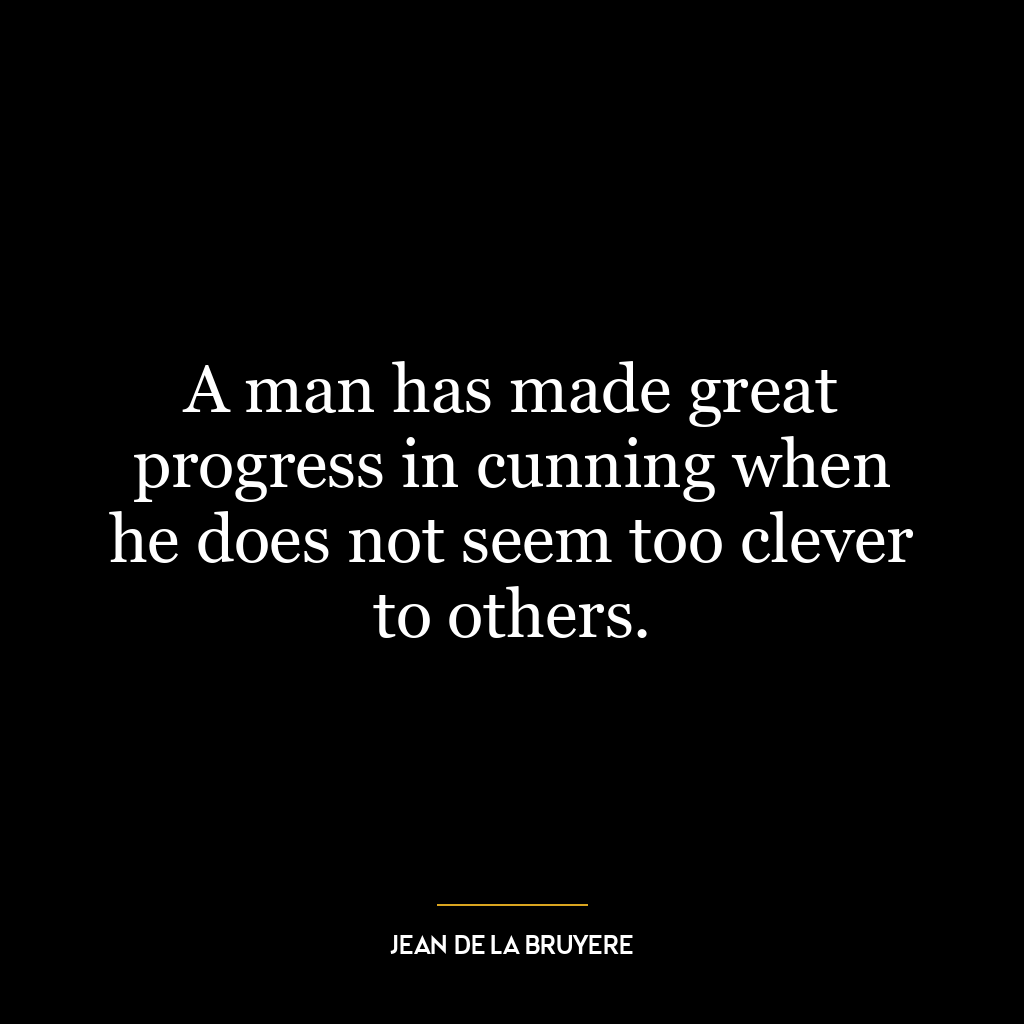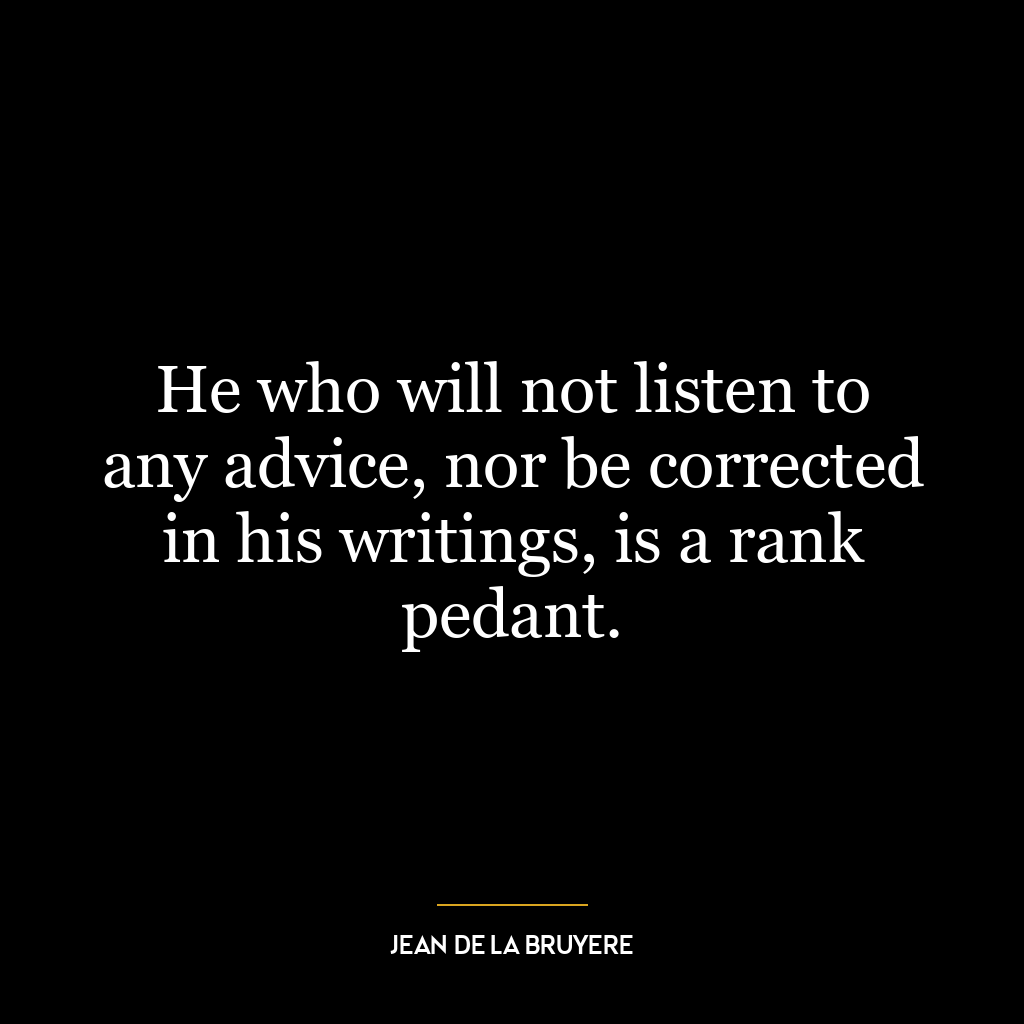This quote emphasizes the positive and empowering aspects of humility. It suggests that humility isn’t a sign of weakness or disgrace, but rather a reflection of genuine self-confidence and pride. It is about acknowledging our limitations and understanding that we don’t have all the answers. By doing so, we open ourselves up to learning from others, which is a strength, not a weakness.
The phrase “carries no loss of true pride” suggests that genuine pride is not about boasting or arrogance, but about self-respect and self-esteem. Humility doesn’t diminish this kind of pride; instead, it enhances it. When we are humble, we show respect for others and for ourselves. We demonstrate that we value truth, growth, and understanding more than we value the appearance of superiority.
Applying this idea in today’s world, we could say that humility is a virtue that is much needed but often overlooked. In a society that often values competition and individual achievement, humility can sometimes be seen as a disadvantage. However, this quote reminds us that humility is a strength. It allows us to learn from our mistakes, to be open to new ideas, and to build stronger, more authentic relationships with others.
In terms of personal development, embracing humility can lead to growth and improvement. It allows us to recognize our weaknesses and work on them, rather than pretending they don’t exist. It can also improve our relationships with others, as it fosters empathy, respect, and understanding. Furthermore, being humble can increase our resilience, as it helps us to deal with failures and setbacks in a more constructive way. Instead of viewing them as threats to our self-esteem, we can see them as opportunities for learning and growth.















